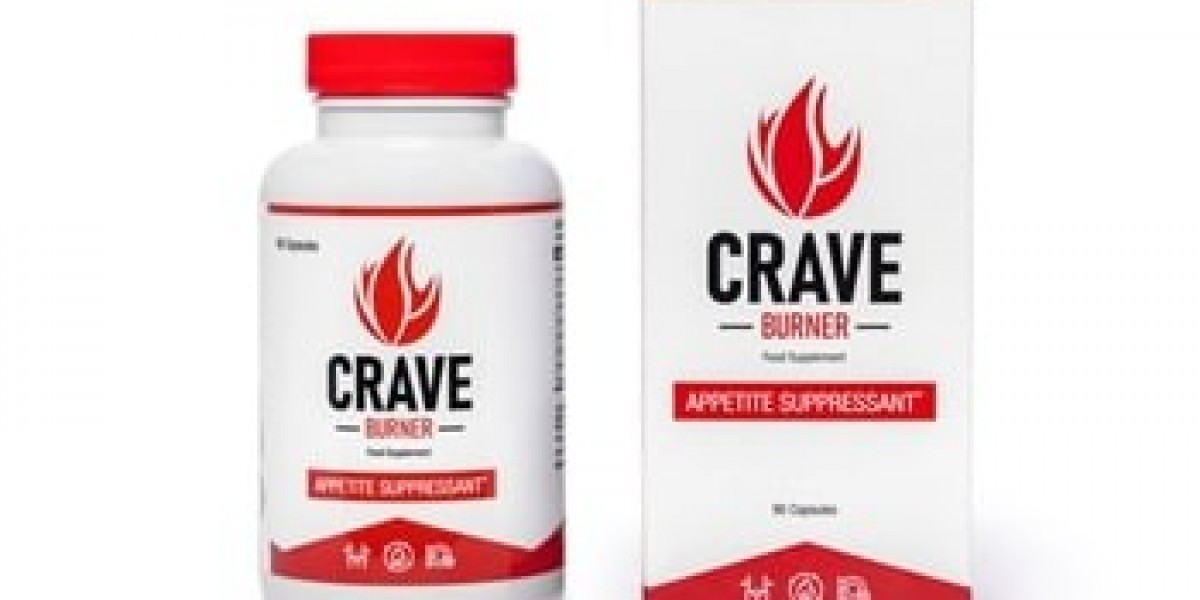Regional Trends
Asia-Pacific: Dominant Market Share
The Asia-Pacific region leads the global wood vinegar market, holding a substantial share due to its extensive agricultural base and high adoption of organic farming practices. Countries like China, Japan, and India are at the forefront, leveraging wood vinegar for crop enhancement, pest control, and soil health improvement. The region's dominance is also supported by the abundant availability of feedstock such as bamboo and hardwood
North America: Emerging Market
In North America, particularly the United States, the adoption of organic farming and sustainable agricultural practices is driving the demand for wood vinegar. The market in this region is expected to grow steadily as farmers seek natural alternatives to synthetic chemicals for crop protection and soil enhanceme
Europe: Focus on Sustainabilit
Europe is witnessing a growing interest in wood vinegar, especially in countries like Germany and the United Kingdom, where there is a strong emphasis on sustainability and organic farming. The market in this region is supported by government policies promoting eco-friendly agricultural practices and the use of natural inputs
Market Segments
By Application
Agriculture: Wood vinegar is extensively used in agriculture for pest control, soil enhancement, and promoting plant growth. Its natural properties make it a preferred choice among organic farmers.
Animal Feed: It is incorporated into animal feed to improve digestion and overall health of livestock.
Industrial: Wood vinegar serves as a natural preservative and cleaning agent in various industrial applications.
Cosmetics and Personal Care: Due to its antimicrobial properties, it is used in skincare products and personal care items.
By Product Type
Liquid Wood Vinegar: The most common form, used across various applications.
Solid Wood Vinegar: Less common but used in specific industrial applications.
Key Players
Several companies are leading the wood vinegar market, focusing on expanding their product portfolios and enhancing production capabilities:
Kior Inc.: Known for its advanced pyrolysis technology to produce high-quality wood vinegar.
Pyrolysis Ltd.: Specializes in the production of wood vinegar and other bio-based chemicals.
Kraton Polymers: Engaged in the development of sustainable materials, including wood vinegar derivatives.
Agri-Tech Producers: Focuses on the agricultural applications of wood vinegar, offering products for soil enhancement and pest control.
Get Your Sample Report Now:- https://straitsresearch.com/report/wood-vinegar-market/request-sample
Market Drivers
Sustainable Agriculture: The shift towards organic farming practices is increasing the demand for natural inputs like wood vinegar.
Environmental Regulations: Stricter regulations on synthetic chemicals are encouraging the adoption of eco-friendly alternatives.
Health Conscious Consumers: Growing awareness about the benefits of natural products is driving the use of wood vinegar in personal care and cosmetics.
Market Challenges
Production Costs: High production costs associated with advanced pyrolysis technology can impact market growth.
Quality Control: Ensuring consistent quality of wood vinegar is challenging, especially with traditional production methods.
Regulatory Hurdles: Navigating through different regulatory standards across regions can be complex for manufacturers.
FAQs
Q1: What is wood vinegar?
A1: Wood vinegar, also known as pyroligneous acid, is a liquid produced through the pyrolysis of wood. It contains various organic compounds and is used in agriculture, animal feed, and industrial applications.
Q2: How is wood vinegar used in agriculture?
A2: In agriculture, wood vinegar is used as a natural pesticide, soil enhancer, and growth promoter for plants. It helps in improving soil health and increasing crop yield.
Q3: Is wood vinegar safe for use in cosmetics?
A3: Yes, wood vinegar is considered safe for use in cosmetics due to its antimicrobial properties. However, its use is regulated, and manufacturers must adhere to safety standards.
Q4: What are the environmental benefits of using wood vinegar?
A4: Wood vinegar is an eco-friendly alternative to synthetic chemicals, reducing environmental pollution and promoting sustainable agricultural practices.
Q5: Who are the major players in the wood vinegar market?
A5: Major players include Kior Inc., Pyrolysis Ltd., Kraton Polymers, and Agri-Tech Producers, among others.







